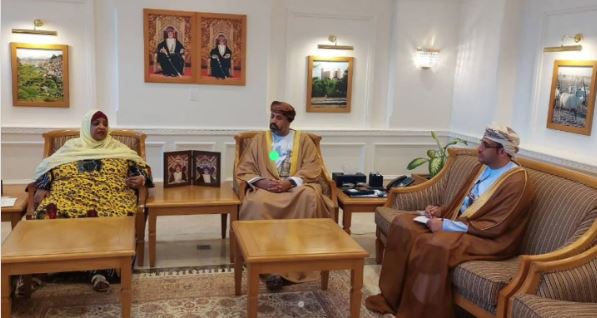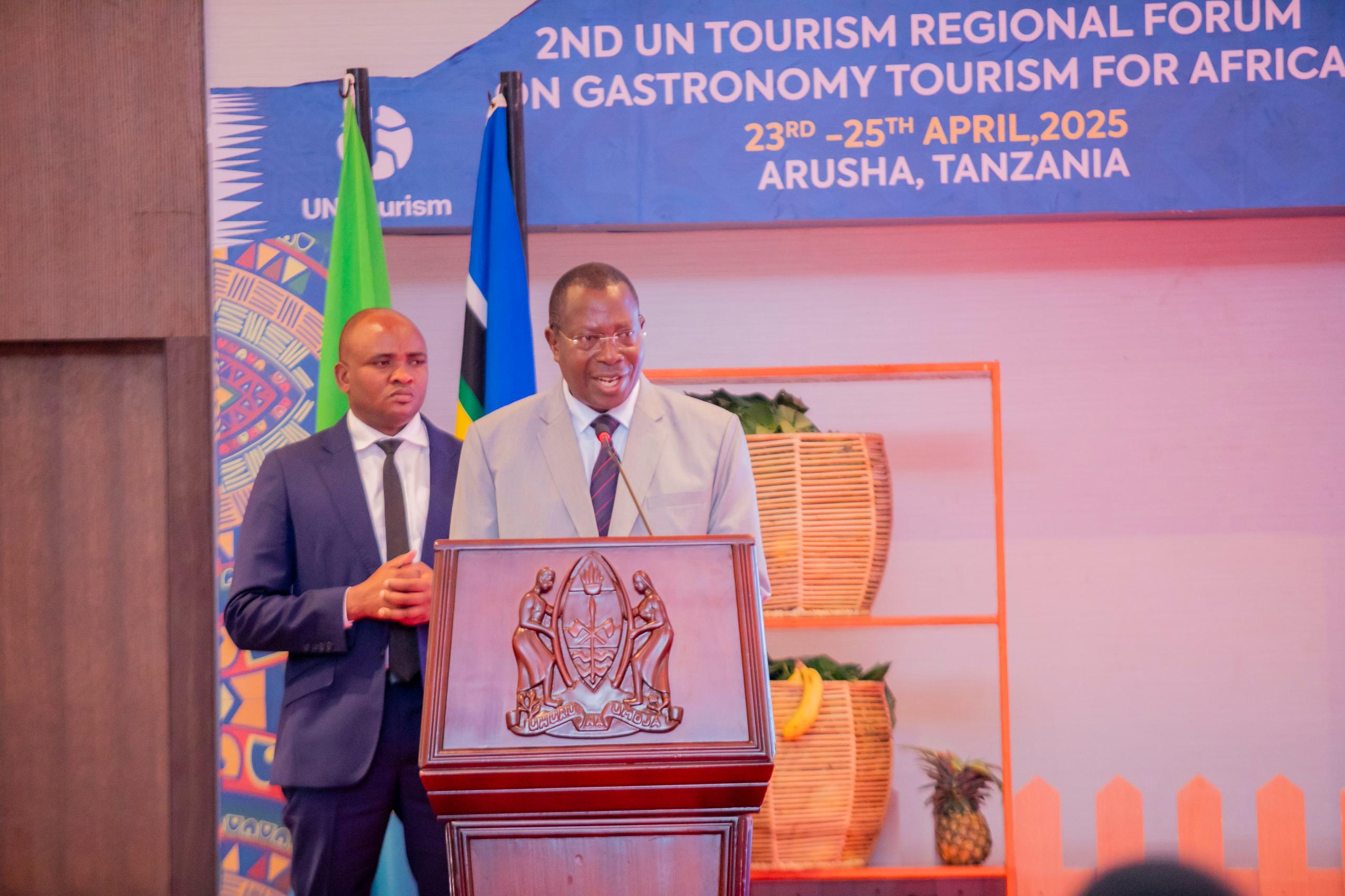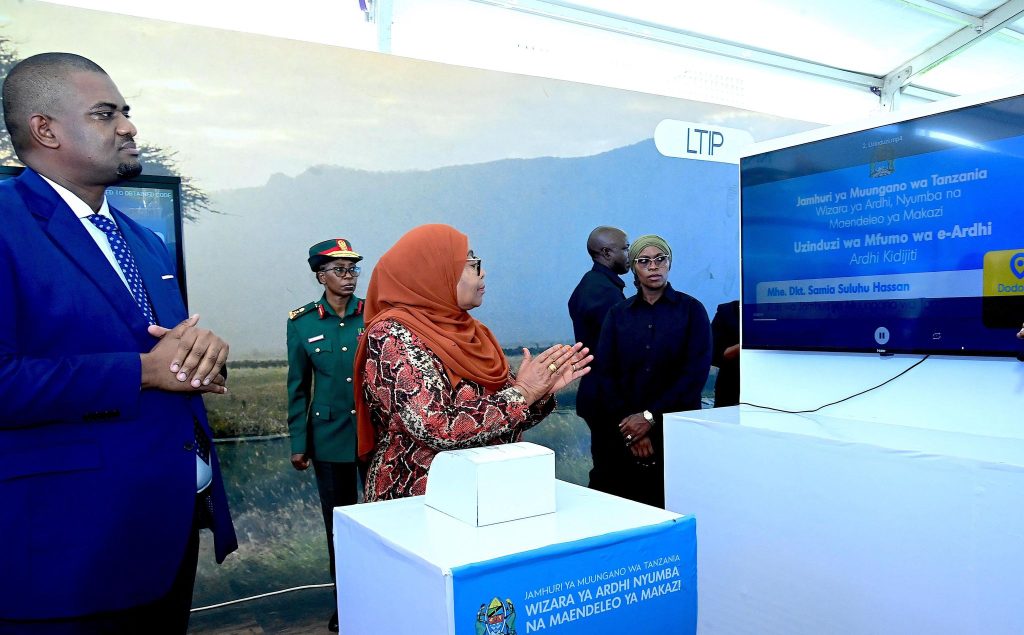Muscat, Oman. Tanzania and the Sultanate of Oman have reiterated the urgent need to finalise and sign a bilateral labour and employment agreement, as part of efforts to strengthen long-standing diplomatic relations and enhance protections for Tanzanian migrant workers, especially women, employed in the Gulf nation.
The call was made on Monday, July 8, 2025, during a meeting between Tanzania’s Ambassador to Oman, Fatma M. Rajab, and Oman’s minister of Labour, Professor Mahad Said Ali Baawain, held at the Ministry’s offices in Muscat.
During the discussions, Ambassador Fatma emphasised that while Tanzania and Oman enjoy robust historical and diplomatic ties, the labour and employment sector remains one of the most strategic areas of cooperation.
She underscored the need to expedite the draft agreement on labour and employment, which has been under review, to ensure it is signed in the near future for the mutual benefit of both countries.
“Tanzania is one of the key source countries supplying labour to Oman, particularly in the domestic work sector. For this engagement to remain sustainable and beneficial, it is imperative that the framework guiding it is formalised and enforced,” said Ambassador Fatma.
Her remarks come against the backdrop of growing concern over the working conditions of Tanzanian domestic workers in the Gulf region.
A 2023 report by Human Rights Watch titled Working Like a Robot: Abuse of Tanzanian Domestic Workers in Oman and the United Arab Emirates revealed disturbing cases of exploitation, including long working hours, withheld salaries, verbal abuse, and physical and sexual violence.
The 100-page report noted that systemic gaps in Tanzania’s labour migration policies, combined with inadequate protections under the Gulf countries’ kafala (visa sponsorship) system, leave Tanzanian workers, especially women, vulnerable to abuse.
In the study, many workers reported having their passports confiscated upon arrival, being forced to work up to 21 hours a day without rest, and subsisting on spoiled or leftover food.
Some were compelled to forfeit their salaries or spend months raising funds for return tickets after escaping abusive employers.
Another recent study entitled Women’s Labour Migration on the Africa–Middle East Corridor: Experiences of Migrant Domestic Workers from Tanzania Mainland and Zanzibar conducted and released by two researchers Biubwa Sultan of Zanzibar and Mwanamboka Mlowezi of Dar es Salaam has shown that economic hardship, low wages, and lack of protections in Tanzania are the major factors compelling women to seek employment in the Middle East.
According to the study, 61 percent of respondents cited poor economic opportunities and low wages at home as their primary motivation, while 33 percent spoke of personal ambition and 6 percent pointed to financial pressure from their families.
The study also found a clear preference among women from Zanzibar to migrate specifically to Oman, due to the historic closeness between the peoples of the two regions.
Zanzibari workers are reportedly in high demand within Oman, and a smaller number of women reported migrating to the United Arab Emirates.
However, while the demand for domestic workers from East Africa continues to rise, fuelled in part by increased restrictions from Asian labour-exporting countries such as Indonesia and the Philippines, calls have intensified for Tanzania to establish more robust protections for its citizens.
Ambassador Fatma echoed these concerns, saying that the pending labour agreement would provide a legal foundation to enforce workers’ rights, regulate recruitment agencies, and ensure accountability for any violations.
Tanzania has in recent years stepped up efforts to engage Gulf countries on labour matters, amid reports of abuse.
Formalising the agreement with Oman would mark a significant step toward enhancing oversight, transparency, and dignity in labour migration.
The two countries are expected to continue technical discussions to fine-tune the draft agreement, with a view to signing it in the near future.







